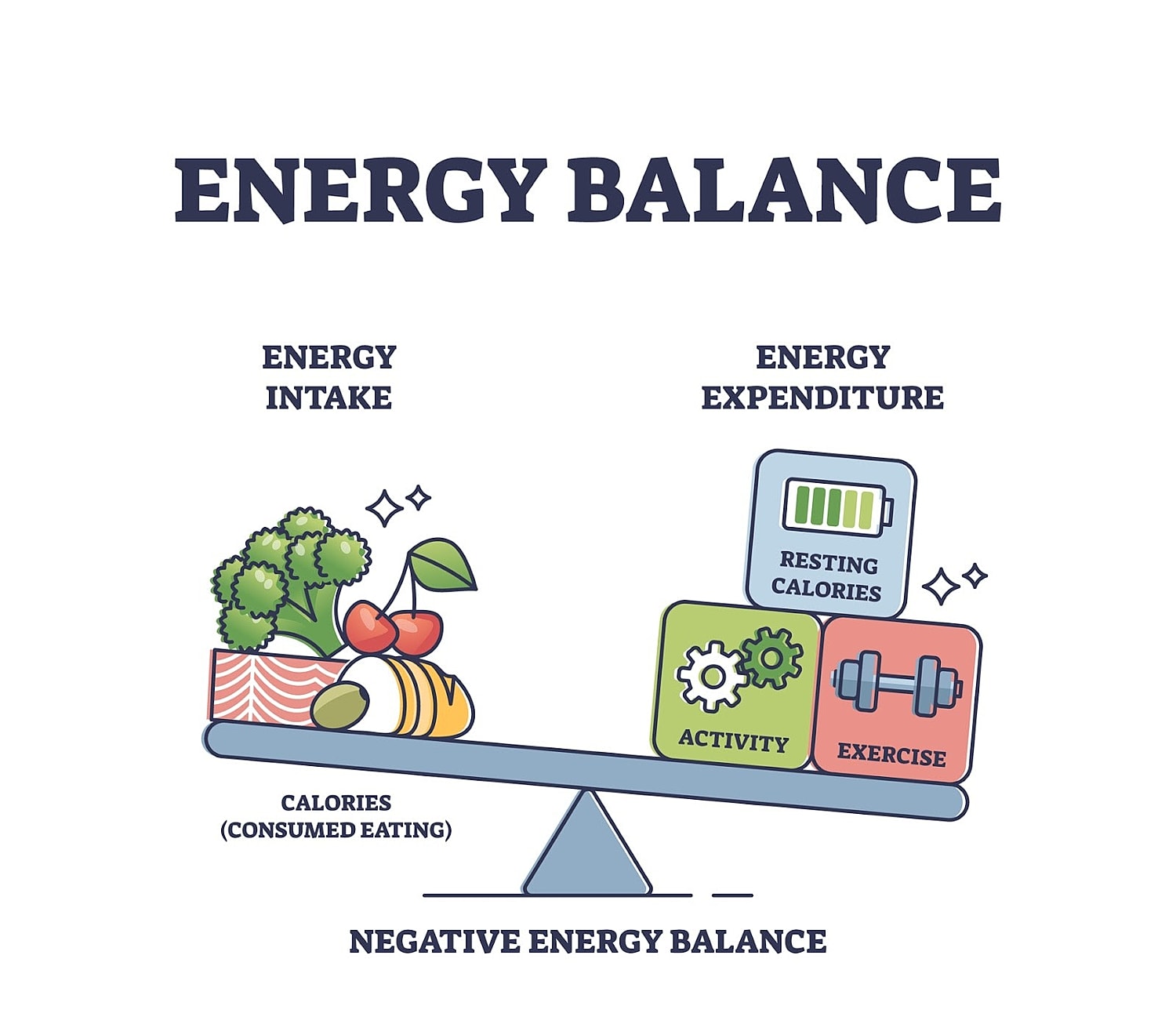




Most people trying to manage their health or lose weight think about calories in and calories out. But there’s a hidden part of the equation that most never measure: your metabolism at rest.
This is where RMR testing (Resting Metabolic Rate testing) comes in. At Longevity Health Clinic, we use RMR testing to measure exactly how many calories your body burns at rest. Unlike estimates from formulas or fitness apps, this is a direct measurement—giving us the most accurate picture of your metabolism and energy needs.
What Is RMR?
Your Resting Metabolic Rate (RMR) is the number of calories your body burns to keep you alive when you’re not moving. It powers essential functions like breathing, circulation, and cellular repair.
Why RMR Testing Beats Estimations
Most apps and online calculators estimate your metabolism using formulas that rely on age, height, weight, and gender. While these are helpful for rough estimates, they miss the mark for many patients.
Factors that make formulas inaccurate include:
RMR testing uses a simple breath test to measure oxygen consumption and carbon dioxide production, giving a direct, individualized measurement. This removes the guesswork.
How RMR Testing Helps With Healthy Weight Loss
Weight loss is often harder than people expect because the body adapts. This adaptation is called adaptive thermogenesis.
RMR testing reveals whether your metabolism has adjusted downward. With this information, we can:
By identifying metabolic slowdowns early, RMR testing prevents the frustration of unexplained plateaus.
Identifying Hormone-Related Metabolic Problems
RMR testing can also uncover signs of hormone dysfunction.
While RMR testing does not diagnose these conditions on its own, it can raise red flags that lead us to investigate hormone health more closely.
Other Benefits of RMR Testing
RMR testing isn’t just for weight loss. It can also provide valuable insights for:
How RMR Testing Works
The test itself is simple and noninvasive. You sit comfortably and breathe into a small device for about 10–15 minutes. The device measures oxygen consumption and carbon dioxide production, which directly reflects energy expenditure.
From this test, we get your exact resting metabolic rate in calories per day. We can then build a personalized nutrition and lifestyle plan around your unique metabolism.
Tracking RMR Over Time
Just like body composition, RMR changes over time. That’s why repeated testing is so valuable.
By testing every few months, we can keep your health plan aligned with your body’s actual needs—not assumptions.
Why RMR Testing Belongs in Your Health Plan
Most patients who struggle with weight loss or unexplained fatigue have never had their metabolism measured. They rely on calorie estimates that may not reflect reality.
RMR testing changes that by:
Whether your goal is healthy weight loss, improved performance, or simply better energy and aging well, RMR testing gives us the data to tailor your care to your unique physiology.
The Bottom Line
Metabolism is not a guessing game. With RMR testing, we can stop relying on estimates and measure exactly how your body uses energy.
This empowers us to:
At Longevity Health Clinic, we use RMR testing as part of a comprehensive approach to preventive and functional medicine. By combining this precise metabolic measurement with body composition analysis, advanced labs, and individualized care, we help patients make informed choices for long-term health.